Greek dried figs hold a unique position in the world of culinary delights. With a rich history dating back to ancient civilizations, these succulent fruits have evolved, offering a multitude of health benefits and a distinct flavor profile. This article explores the essence of Greek dried figs, revealing their journey from traditional cultivation to becoming a popular ingredient in today’s cuisine. Historical Significance: Dried figs have long been an important part of Greek culture and history. Greece’s fertile soil, ample sunshine, and ideal climate provide the perfect conditions for cultivating flavorful and nutritious figs. Ancient Greeks considered figs as a symbol of fertility, abundance, and prosperity.
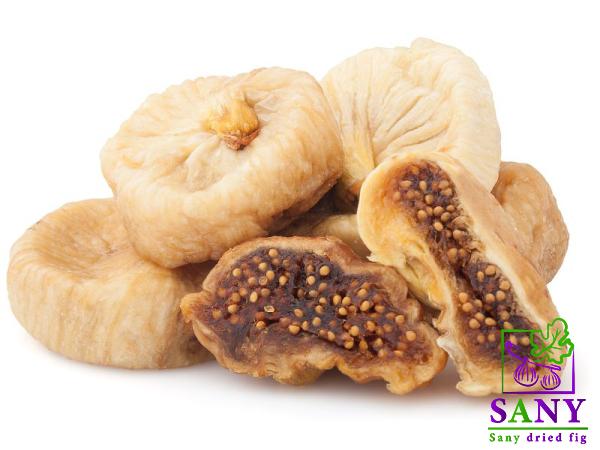
.
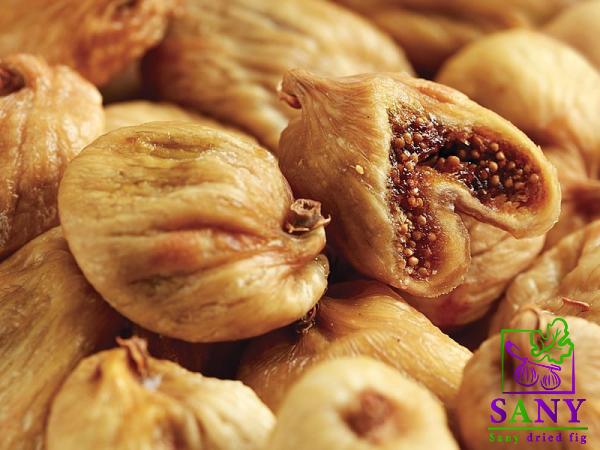 They were often offered to the gods, and used in traditional ceremonies and festivities. Cultivation and Production: Greek dried figs are sourced from the Sultana variety of fig trees, known for their small, sweet, and seedless fruits. The cultivation process in Greece is meticulous, ensuring the highest quality figs. Harvested once they ripen on the tree, the figs are then carefully handpicked and left to dry naturally under the Mediterranean sun until they reach the desired sweetness and texture. Unique Flavor Profile: One of the remarkable qualities of Greek dried figs is their unique taste. They boast a deep, caramel-like sweetness, complemented by subtle hints of honey and nuttiness. Their soft, chewy texture and rich flavor make them a versatile ingredient in both sweet and savory dishes. Whether enjoyed as a standalone snack or incorporated into a variety of recipes, Greek dried figs elevate the taste profile of any dish. Nutritional Benefits: Greek dried figs are not only a delectable treat but also a healthy addition to any diet. Packed with essential vitamins, minerals, and antioxidants, they offer various health benefits.
They were often offered to the gods, and used in traditional ceremonies and festivities. Cultivation and Production: Greek dried figs are sourced from the Sultana variety of fig trees, known for their small, sweet, and seedless fruits. The cultivation process in Greece is meticulous, ensuring the highest quality figs. Harvested once they ripen on the tree, the figs are then carefully handpicked and left to dry naturally under the Mediterranean sun until they reach the desired sweetness and texture. Unique Flavor Profile: One of the remarkable qualities of Greek dried figs is their unique taste. They boast a deep, caramel-like sweetness, complemented by subtle hints of honey and nuttiness. Their soft, chewy texture and rich flavor make them a versatile ingredient in both sweet and savory dishes. Whether enjoyed as a standalone snack or incorporated into a variety of recipes, Greek dried figs elevate the taste profile of any dish. Nutritional Benefits: Greek dried figs are not only a delectable treat but also a healthy addition to any diet. Packed with essential vitamins, minerals, and antioxidants, they offer various health benefits.
..
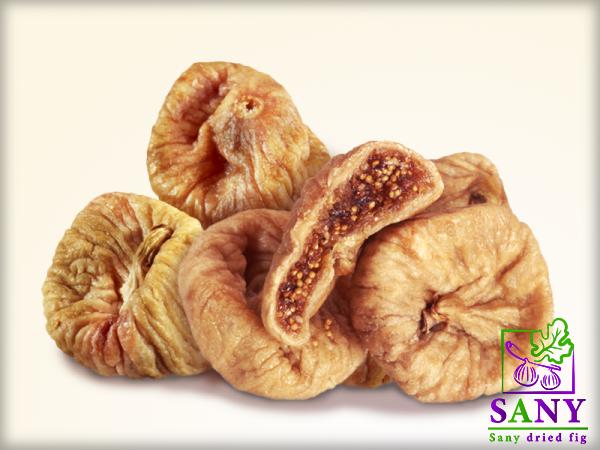 Figs are an excellent source of dietary fiber, promoting healthy digestion. They also contain potassium, magnesium, and calcium, supporting heart health and bone strength. Furthermore, figs are rich in antioxidants that help combat inflammation and oxidative stress. Culinary Uses: Greek dried figs’ versatility is evident in both traditional and contemporary cuisine. They can be enjoyed as a standalone snack, paired with cheese and nuts, or added to salads, desserts, and baked goods. From savory fig sauces for meats to indulgent desserts like fig tarts and cakes, the possibilities are endless. Market Demand and Export: Greek dried figs have gained popularity worldwide for their exceptional quality and taste. Greece, being one of the leading producers, exports its figs to various countries, catering to the growing demand for this gourmet ingredient.
Figs are an excellent source of dietary fiber, promoting healthy digestion. They also contain potassium, magnesium, and calcium, supporting heart health and bone strength. Furthermore, figs are rich in antioxidants that help combat inflammation and oxidative stress. Culinary Uses: Greek dried figs’ versatility is evident in both traditional and contemporary cuisine. They can be enjoyed as a standalone snack, paired with cheese and nuts, or added to salads, desserts, and baked goods. From savory fig sauces for meats to indulgent desserts like fig tarts and cakes, the possibilities are endless. Market Demand and Export: Greek dried figs have gained popularity worldwide for their exceptional quality and taste. Greece, being one of the leading producers, exports its figs to various countries, catering to the growing demand for this gourmet ingredient.
…
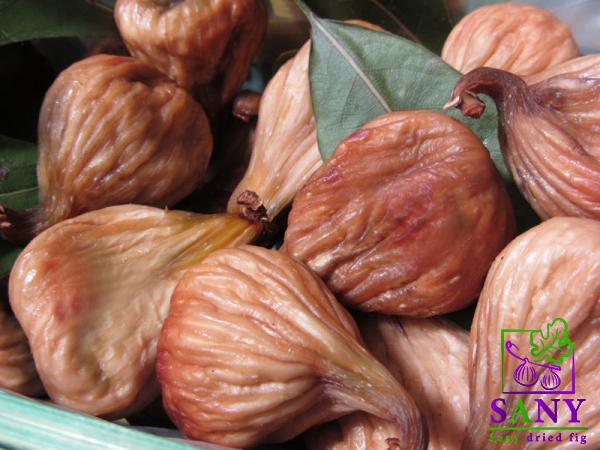 Their distinct flavor, coupled with their nutritional benefits, makes Greek dried figs a sought-after product among health-conscious consumers, gourmet chefs, and food lovers alike. Conclusion: Greek dried figs have successfully transitioned from being a symbol of ancient tradition to a contemporary delicacy. Through centuries of cultivation, Greek farmers have perfected the art of producing these exquisite fruits. Whether relishing them on their own or incorporating them into diverse recipes, the essence of Greek dried figs lies in their unique flavor profile, nutritional benefits, and their ability to enhance every culinary creation.
Their distinct flavor, coupled with their nutritional benefits, makes Greek dried figs a sought-after product among health-conscious consumers, gourmet chefs, and food lovers alike. Conclusion: Greek dried figs have successfully transitioned from being a symbol of ancient tradition to a contemporary delicacy. Through centuries of cultivation, Greek farmers have perfected the art of producing these exquisite fruits. Whether relishing them on their own or incorporating them into diverse recipes, the essence of Greek dried figs lies in their unique flavor profile, nutritional benefits, and their ability to enhance every culinary creation.
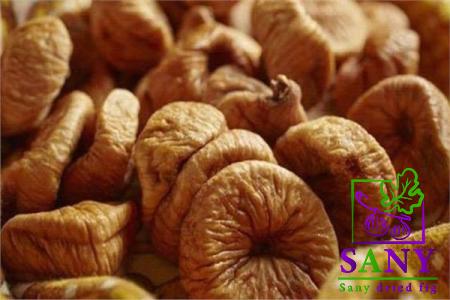
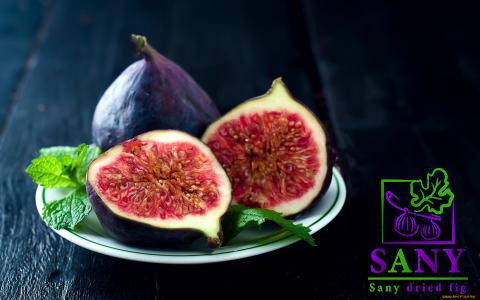
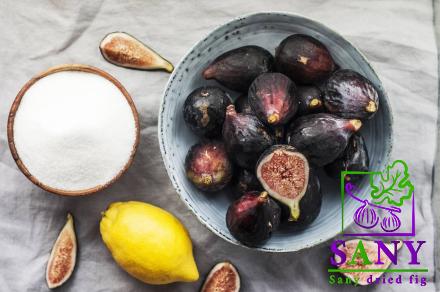
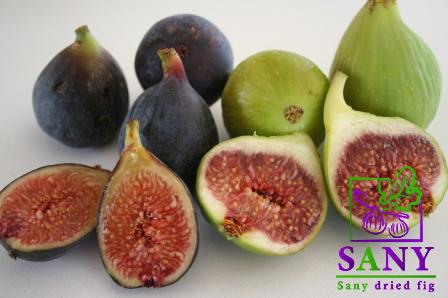

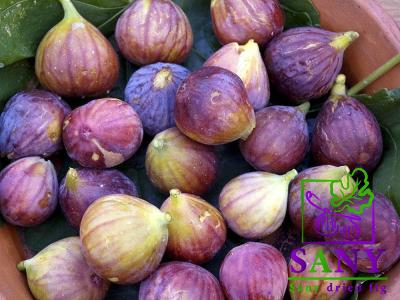
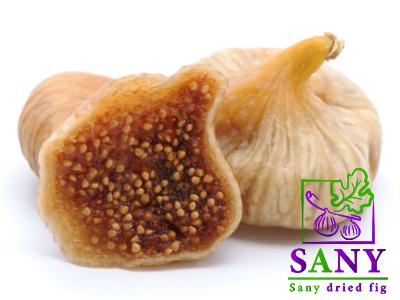
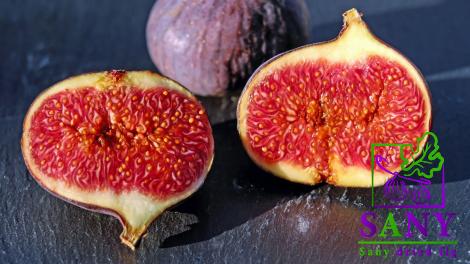
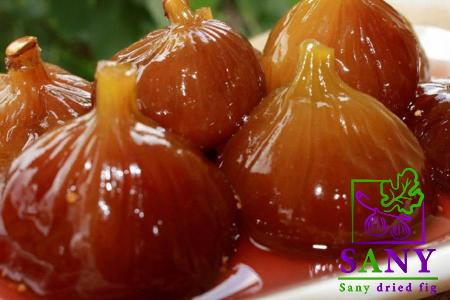
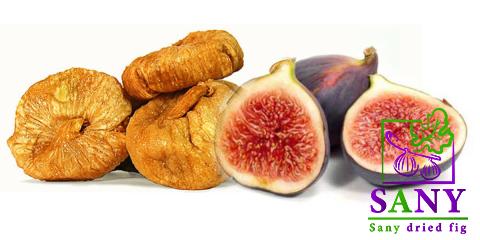
Your comment submitted.